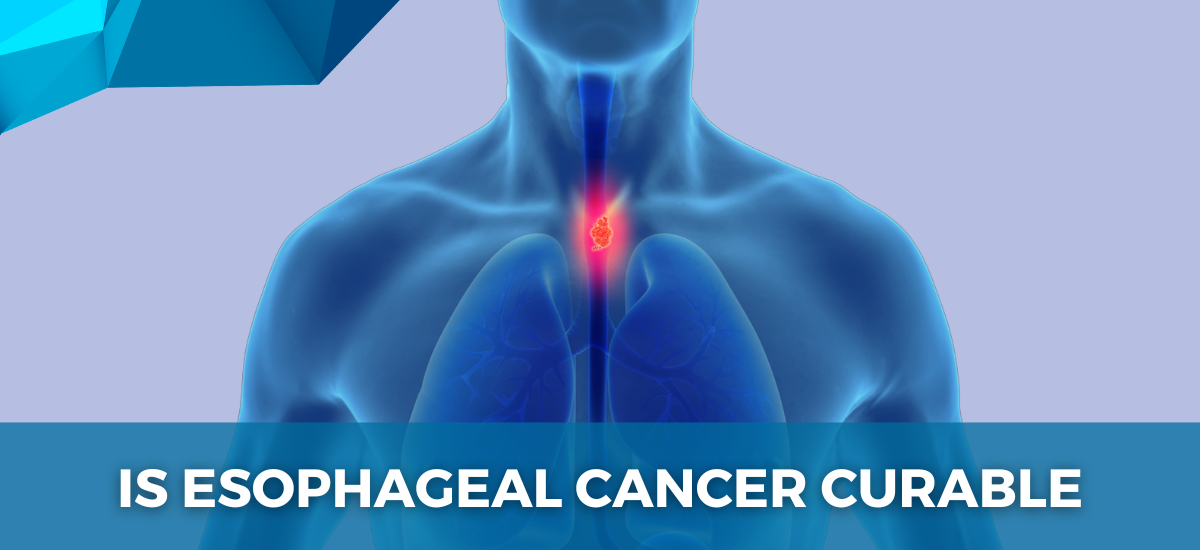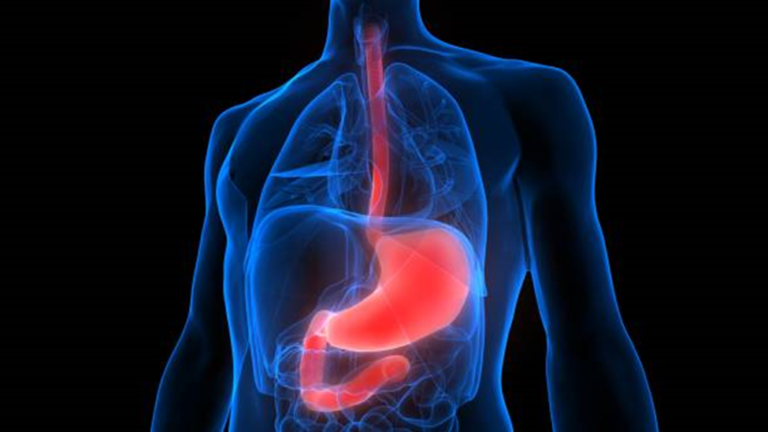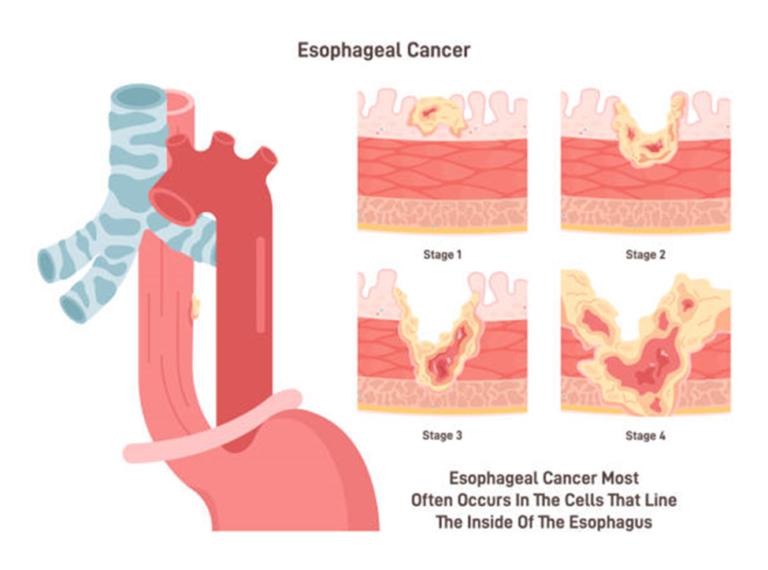New Treatment for Esophageal Cancer
The latest treatment for esophageal cancer often involves a multidisciplinary approach tailored to the individual patient’s needs. Some of the cutting-edge treatments currently being utilized include:
Minimally Invasive Surgery:
Robotic-assisted surgery and video assisted thoracoscopic procedures are revolutionizing esophageal cancer surgery. Compared to traditional open surgery, these approaches offer:
- Reduced post-operative pain
- Reduced risk of complications
. Better quality of life
. Earlier return to activities of daily life
Dr. George Karimundackal is at the forefront of pioneering advancements in esophageal surgery. Embracing state-of-the-art techniques like robotic thoracic surgery, he brings hope to patients facing this formidable disease. This technology allows for greater dexterity and maneuverability in tight spaces within the chest cavity. Precision is especially crucial when handling delicate structures near the esophagus. It ensures optimal surgical outcomes and minimizes the risk of complications.
Precision Radiation Therapy:
Radiotherapy has an important role in the treatment of esophgeal cancer. In some cases it is used before surgery to reduce the size of the tumour, making the surgery less complicated and increasing survivial. It is also used as the definitive treatment along with chemotherapy, in very advanced cases when surgery is not possible.
Advanced radiation therapy techniques enable precise targeting of cancer cells. These techniques include intensity-modulated radiation therapy (IMRT) and proton therapy. Such precise targeting minimizes damage to surrounding healthy tissue. This results in fewer side effects and improved outcomes for patients.
Chemotherapy:
Depending on the type of of cancer, chemotherapy alone or along with radiotherapy plays an important role in the treatment of esophageal cancer. Used before or after surgery it causes shrinkage of cancer and reduces the chance of the cancer coming back
Immunotherapy:
This innovative technique uses the body’s immune system to target and destroy cancer cells. Immunotherapy drugs such as pembrolizumab and nivolumab have shown promising results in certain patients with advanced esophageal cancer.
Palliative Care:
For patients with advanced or metastatic esophageal cancer, palliative care offers crucial support. Palliative care focuses on:
- relieving symptoms
- improving quality of life
- providing emotional support
Palliative treatments include radiotherapy to the tumour and stent placement to alleviate swallowing difficulties and pain management strategies. They play a crucial role in reducing the distress caused by the disease.








